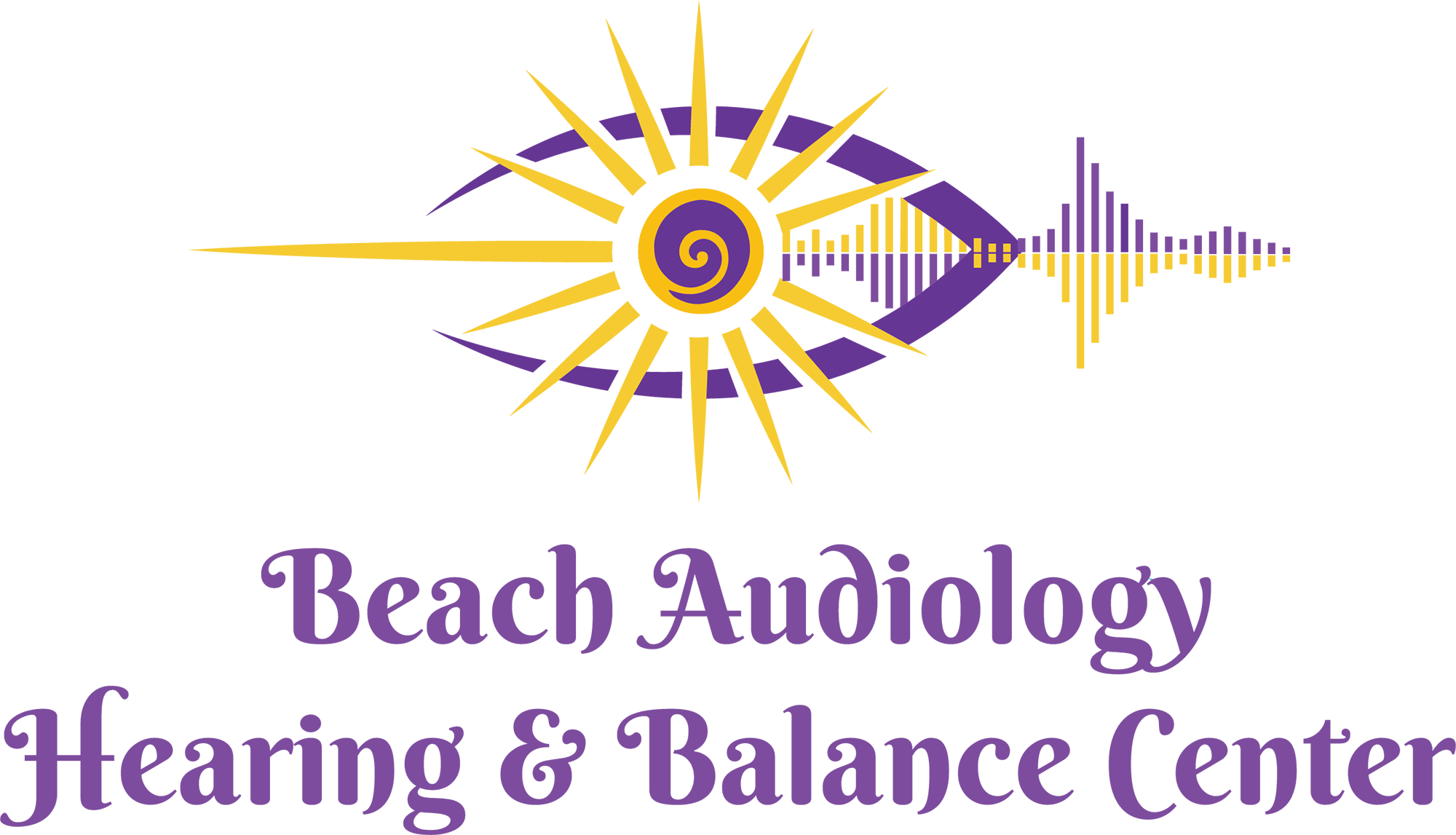Losing the ability to hear clearly can feel like missing out on life’s most meaningful moments. Conversations with loved ones may become frustrating, and everyday sounds like birds chirping or laughter in a crowded room might fade into the background. When traditional hearing aids no longer provide enough clarity, a cochlear implant could be the next step toward regaining sound perception.
Many people live with hearing loss for years before considering a cochlear implant. This advanced device is designed for individuals who struggle to understand speech, even with powerful hearing aids. Recognizing the signs early can improve quality of life and overall communication.
Struggling to Understand Speech in Conversations
A common sign of severe hearing loss is difficulty following conversations, even in quiet environments. Words may seem muffled, making it hard to distinguish between similar sounds, especially when multiple people are speaking. If asking others to repeat themselves has become a daily habit, it could be a sign that traditional hearing aids are no longer effective.
People with significant hearing loss often rely on visual cues to fill in the gaps in conversation. Watching lips move, paying attention to facial expressions, and using subtitles on television may become second nature. While these strategies help, they are not a long-term replacement for hearing.
If subtitles are always on and face-to-face communication is necessary to understand speech, it could indicate a deeper hearing issue. Cochlear implants bypass damaged parts of the ear and send sound signals directly to the brain, improving speech recognition without relying on visual cues.
Limited Benefits from Hearing Aids
Hearing aids can amplify sound, but they do not always restore clarity. Some people with severe hearing loss find that even the most advanced hearing aids do not provide enough improvement. If speech still sounds distorted or unclear despite trying different hearing aids, a cochlear implant may be worth considering.
Hearing health professionals use specific tests to determine whether a hearing aid provides enough benefit. If word recognition scores remain low despite proper amplification, it may indicate that the inner ear is too damaged for traditional hearing aids to work effectively.
Hearing Loss Diagnosis from a Hearing Health Professional
A hearing health professional can determine the severity of hearing loss through specialized tests. These evaluations measure how well different pitches and speech sounds are processed. If results show little improvement with hearing aids, a hearing health professional may recommend further assessment for a cochlear implant.
Getting a cochlear implant is based on individual hearing needs and daily challenges. For those struggling to communicate effectively despite using hearing aids, this advanced technology can provide a new path toward improved hearing.

